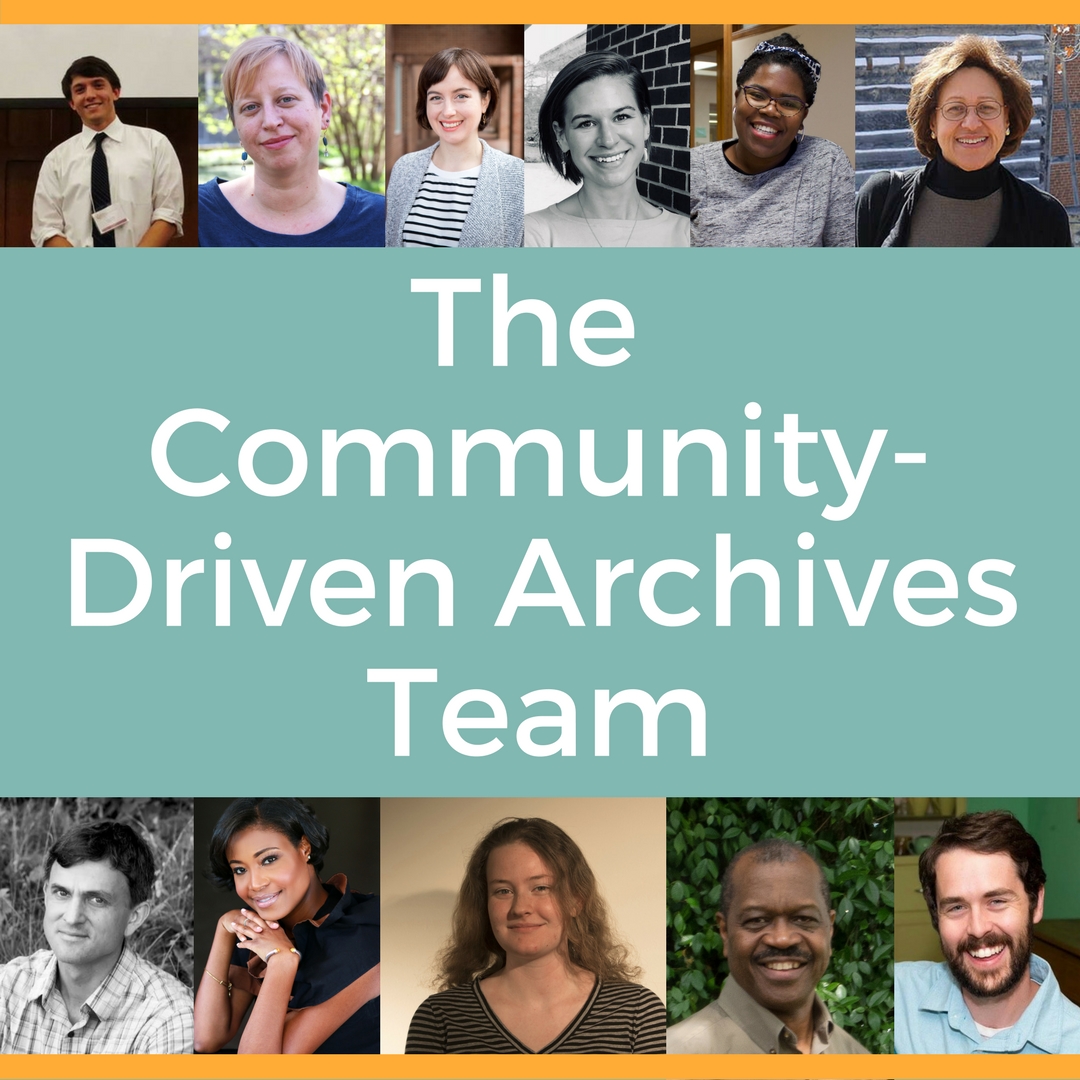
What are community-driven archives all about?
In October 2017, the Southern Historical Collection celebrated the complete staffing of our “Building A Model For All Users: Transforming Archive Collections Through Community-Driven Archives” Andrew W. Mellon Foundation grant team. In recent months, we have launched the initial steps of supporting community-driven archives initiatives and programs through our Community-Driven Archives Team (CDAT). There are many models for community-driven archives; the upshot of ours is that we want to form meaningful, mutually supportive partnerships to build and preserve community archival collections. We provide communities with the tools and resources to safeguard and represent their own histories. And we want you to be able to CDAT, too!
This community-based approach extends to how we do our work as a team – working together proactively to tease out tricky issues and create accessible and approachable documentation. Our method for creating and publishing content such as presentations, handouts, media, peer-reviewed publications, social media content, and yes, even this blog, is all about collaborative peer-editing.
Our grant prioritizes collaboration, and owes much to the research of Michelle Caswell, Bergis Jules, and many others who have theorized and brought to life the idea of inclusive, representative, empowered archival practice. Community archives models and community-driven archival practice address the “symbolic annihilation” of historically marginalized groups in the historical record, and aim to create sustainable and accessible memory projects that address these archival absences.
What kinds of community groups and collectives are you working with?
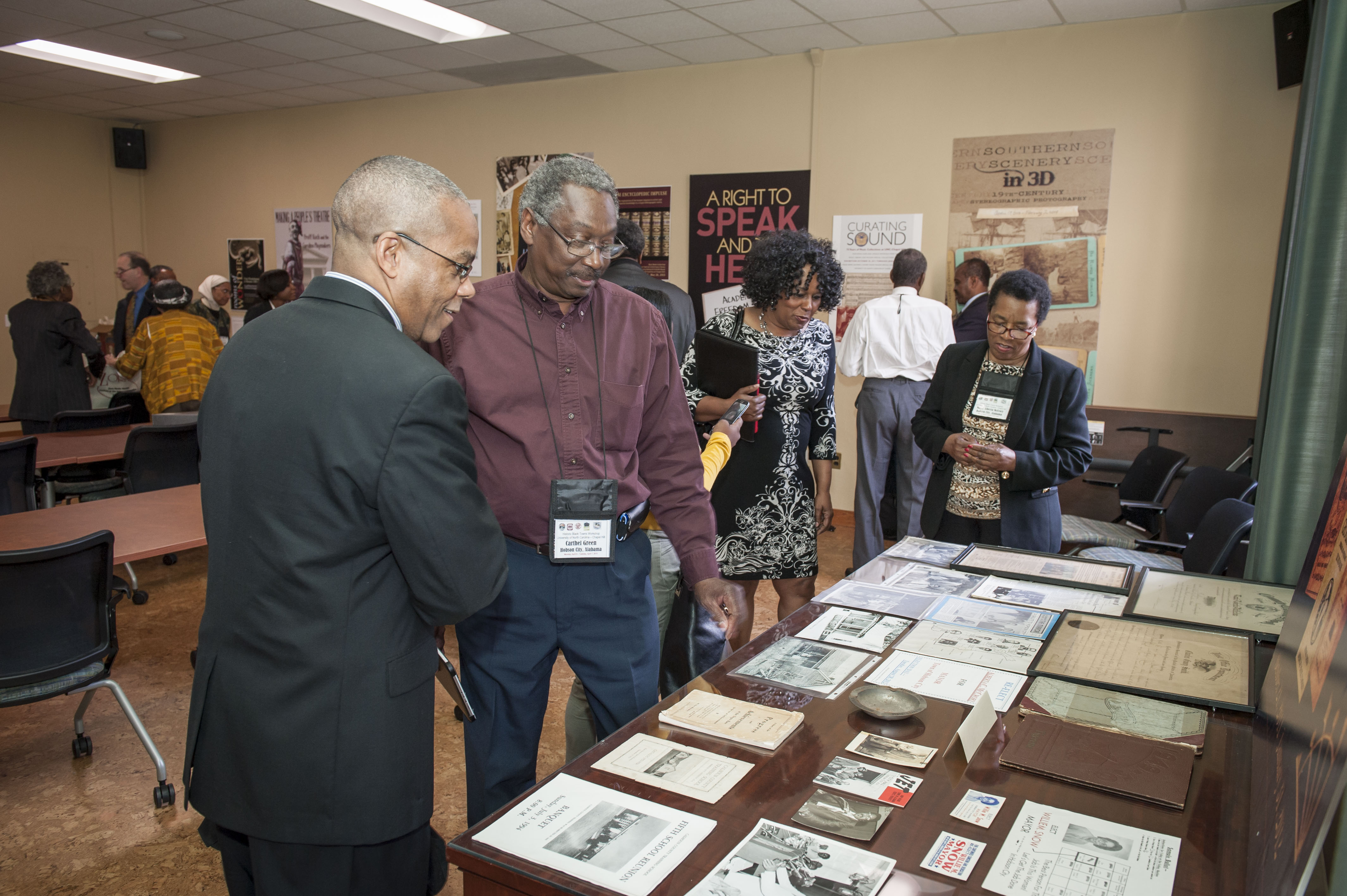
Our principal partners in coming years include the Appalachian Student Health Coalition (ASHC), the Eastern Kentucky African American Migration Project (EKAAMP), the Historic Black Towns and Settlements Alliance (HBTSA), and the San Antonio African American Community Archives and Museum (SAAACAM).
What kinds of things are you co-creating with communities?
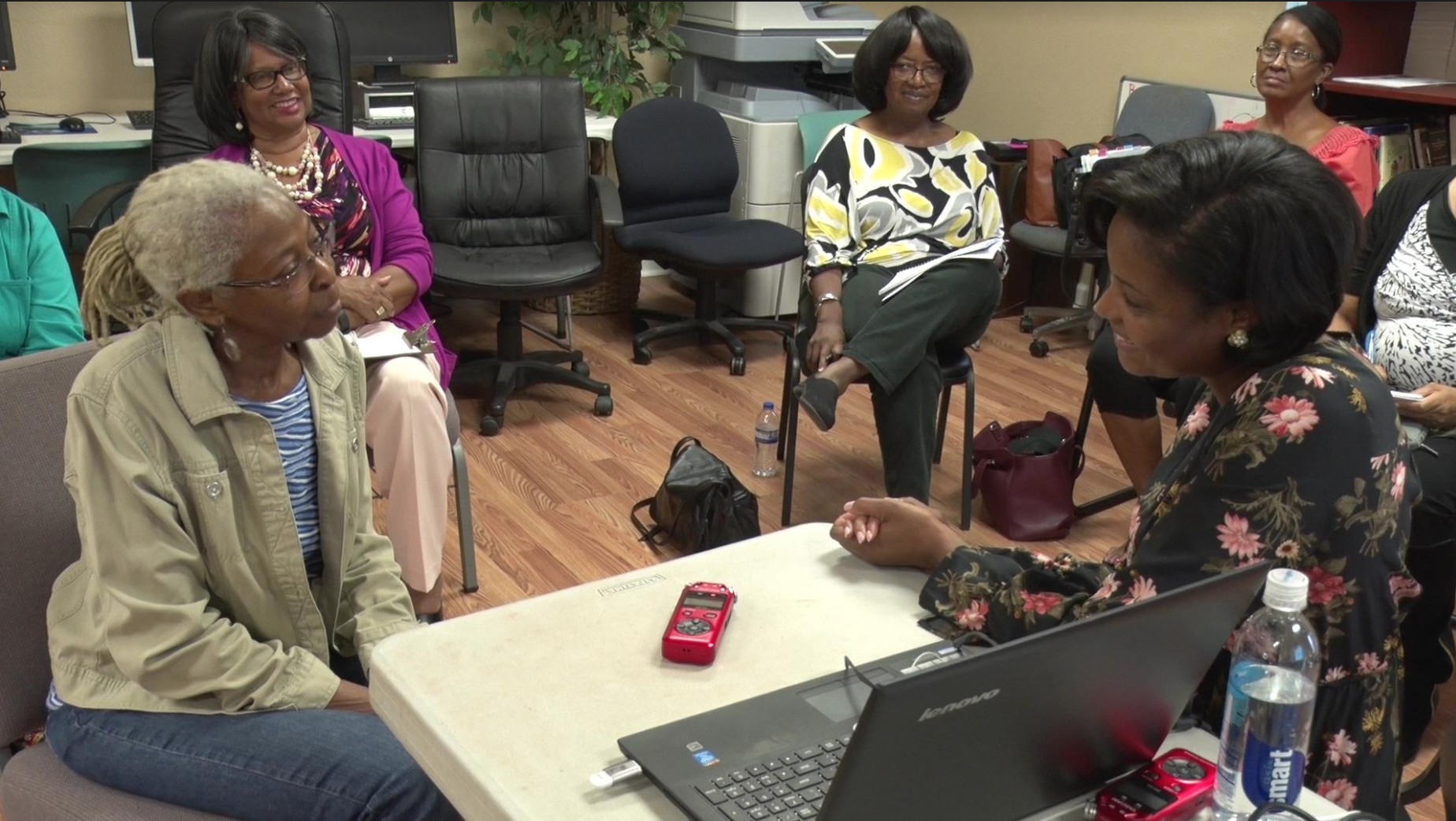
During the 2017-2020 grant term and beyond we will be building a number of creative resources to support the work of community memory projects as well, including
- Archives and oral history trainings
- Mobile “Archivist in a Backpack” and “Oral Historian in a Backpack” kits
- Archival partnership and donor education videos
- CMS and data visualization expertise (ways to manage digitized materials and to express them in interesting ways)
- Facilitation of community charrettes (sharing sessions that help address community history and frame projects)
We plan to work with our colleagues in the Wilson Library to further develop sustainable and equitable processes for partnerships with the Southern Historical Collection, including post-custodial models for deposit (meaning: how can community members keep their photos and personal documents while also contributing digital versions to an archival collection). Our work as a team will be documented in a handbook that will provide a roadmap for community archives practitioners and institutional partners in fostering meaningful community memory work.
So who is on your team?
Community Driven Archives Team Suite (Wilson Library, 4th Floor, Overholser Room)
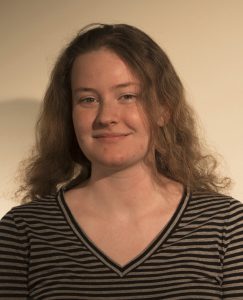 Brenna Edwards – Project Archivist
Brenna Edwards – Project Archivist
brenna43@live.unc.edu
Brenna Edwards is interested in theatre and performance archives and their impact on the communities which create them, along with how storytelling and performance makes an impact on cultural memory. She is enrolled in the Master’s of Science in Library Science program at UNC’s School of Information and Library Science with an anticipated graduation date of May 2018. As Project Archivist for CDAT, she creates workflows and guidelines for born-digital material, as well as ingests materials which come in from partnered communities. She also is responsible for arranging and describing physical collections, and explaining what happens to the materials once they are in the Southern Historical Collection to communities. After graduation, she hopes to preserve the histories and cultures of theatres through physical and digital materials, while engaging with communities to further expand their own histories.
Josephine McRobbie – Community Archivist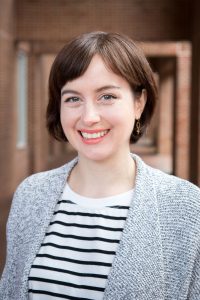
jejm@email.unc.edu / 919-962-8520
Josephine McRobbie is a librarian, archivist, and ethnographer who works to share tools, techniques, and resources related to DIY and grassroots history projects. In lowering barriers to engagement with archives and archival practice, she hopes to support robust and vibrant memory work and support communities in telling and preserving their own stories. As Community Archivist, Josephine serves as project manager and coordinator for the Community-Driven Archives Mellon Foundation grant. She works with a team to document the community-driven methodology, facilitate relationships with peer practitioners and community liaisons, and develop tools and programs for community-driven archives. She believes that all librarians should be informed by user-centered practice and a desire to de-jargonize and de-mystify the field. Previously, Josephine worked as a film archivist, a folklife specialist, a public radio producer and host, and a user experience librarian. She holds an M.L.S., Master of Arts in Ethnomusicology, and B.A. in Journalism and Sociology from Indiana University. In her free time, she is a musician and film accompanist.
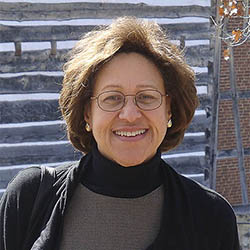 Bernetiae Reed – Project Documentarian and Oral Historian
Bernetiae Reed – Project Documentarian and Oral Historian
bernetia@email.unc.edu
Bernetiae Reed’s work with CDAT utilizes over 20 years of experience conducting oral histories interviews and genealogical research for personal and professional work. She was born in Greensboro, NC and grew up overseas. She attained her MLIS (2015) from UNC-G after redirecting her career to follow a passion for genealogy and the preservation of African American history and heritage, inspired by her mother. She has worked at SHC since 2014 and joined the Mellon grant team in 2017. Prior to this, she worked as a Registered Nurse (mostly Labor & Delivery) for over 30 years … when she stopped counting! She attended UW-Madison for her BSN. She is a breast cancer survivor since 2000. Bernetiae is the author of The Slave Families of Thomas Jefferson: A Pictorial Study Book with an Interpretation of his Farm Book in Genealogy Charts (2007) and producer of two documentaries: Thomas Jefferson’s Slaves and We Teach Them to Think. She is a Robert H. Smith International Center for Jefferson Studies at Monticello Fellow (2007).
Around UNC Campus

Karida Brown – Co-Investigator, Community Liaison
karida@live.unc.edu
Karida Brown is a tenure-track Assistant Professor in the Department of Sociology at UCLA. She earned her Ph.D. in Sociology from Brown University in 2016, and an M.P.A. in Government Administration from the University of Pennsylvania in 2011. Her current research focuses on the relationship between race, social transformations, and communal memory. Her forthcoming book, “Gone Home: Race and Roots through Appalachia” (UNC Press), reconstructs the life histories of a cohort of African Americans who migrated throughout the Appalachian region during the African American Great Migration. This project stems from her dissertation, “Before they were Diamonds: The Intergenerational Migration of Kentucky’s Coal Camp Blacks”, which earned the 2017 Dissertation Award from the American Sociological Association.
In 2013, Brown founded the Eastern Kentucky African American Migration Project (EKAAMP) in partnership with the Southern Historical Collection (SHC) at UNC Chapel Hill. EKAAMP is a community-driven archival project aimed at documenting and preserving the history of the generations of African American coal mining families in her study. The mission of the EKAAMP project is to promote civic engagement through collaborative research. To that end, the EKAAMP archive has been commissioned for the exhibitions, featured on public radio, and incorporated into K-12 educational programs. She is currently on leave at UNC Chapel Hill for the 2017-18 academic year as a Visiting Research Assistant Professor.
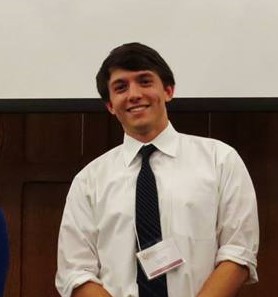 Lucas Kelley – American Studies Graduate Research Fellow
Lucas Kelley – American Studies Graduate Research Fellow
lucaspk@live.unc.edu
Lucas Kelley is PhD candidate in History at UNC-Chapel Hill where he studies the United States during the early republic and antebellum periods. He is primarily interested in the connection between land ownership, citizenship, and the territorial dispossession of American Indians. Lucas serves as an interlocutor between CDAT and the Community Histories Workshop (CHW). The CHW is an outgrowth of UNC’s Digital Innovation Lab, and it is committed to using and creating digital tools to help communities collect, preserve, and interpret their histories. He will work with CDAT to develop digital tools for use in the community archiving projects and will contribute to the Archives In A Backpack toolkit.
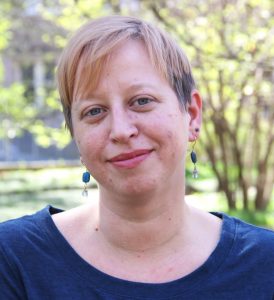 Ashley Mattheis – Program Specialist and Research Development Consultant, Facilitator of the Publishing Program
Ashley Mattheis – Program Specialist and Research Development Consultant, Facilitator of the Publishing Program
mattheis@email.unc.edu
Ashley Mattheis is interested in feminist theory and decolonial research methodologies. Her CDAT focus is on Research Development and new models for large scale research and publishing in humanities –based projects with a special emphasis on collaborative, transdisciplinary, and community based participatory research frameworks. She is committed to centering community concerns along with promoting the full inclusion of marginalized researchers within academic research paradigms. Ashley’s training in cultural studies, media, and rhetoric also informs her joint research and publications with other CDAT members on direct community-driven archives research phenomena.
Southern Historical Collection Suite (Wilson Library, 4th Floor)
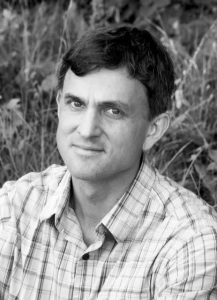 Bryan Giemza – Principal Investigator; Director, SHC
Bryan Giemza – Principal Investigator; Director, SHC
bryan@unc.edu / (919) 962-4341
Bryan Giemza is a father, writer, and teacher who loves humanities work–especially projects that affirm the reclamation of history, dignity, and the universal human penchant for creativity. All those elements come together in the problem-solving of the Andrew W. Mellon Grant that empowered CDAT. As Principal Investigator, Bryan wants to create a safe environment for the successes and failures that lead to the creation of more inclusive and sustainable models for academic-community partnerships. He is excited about developing tools for publishing, education, and knowledge discovery so that archives might better serve as a public square and enable communities to curate their own histories. His interest in decolonial methodology, participatory research, and the liberated archive provides the theoretical underpinnings for this ongoing, region-spanning work. Bryan is growing in the areas of leadership and change management for community-driven work, and the challenges of community-driven archives in an international context. Ultimately his role is to envision and encourage the best work of a very talented team as it seeks to build new networks of seekers, practitioners, and learners—a team united in the joyful work of capturing the many stories that comprise the human story.
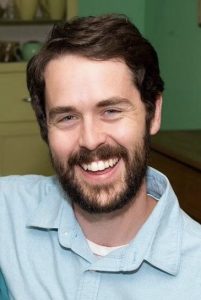
Biff Hollingsworth – Co-Investigator; Collecting and Outreach Archivist, SHC
dcbh@email.unc.edu / (919) 962-3353
Biff Hollingsworth is the Collecting and Outreach Archivist in the Southern Historical Collection (SHC). He is interested in how archives and other cultural heritage institutions can support memory work, storytelling, catharsis, and reconciliation among communities and families. As co-investigator for the SHC’s Community-Driven Archives Mellon Foundation grant, Biff coordinates the Student Health Coalition archive project, which seeks to document the work and legacy of a unique student-led healthcare and community organizing initiative in the Appalachian region. He also provides general support to CDAT in the areas of collection management, born-digital preservation, and documentary field work. He is excited about developing training materials and digital humanities tools that empower community curators to create, collect, and preserve their own histories. Biff received his B.A. in Spanish from Georgia State University and his M.S.L.S. from the University of North Carolina at Chapel Hill. He grew up in Atlanta, GA, and now lives in Durham, N.C., with his wife and two sons.
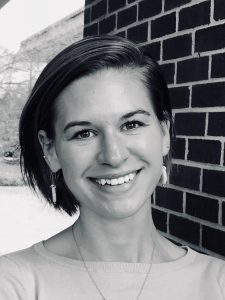 Lydia Neuroth – Business Services Coordinator, SHC
Lydia Neuroth – Business Services Coordinator, SHC
lydialy@live.unc.edu / (919) 962-4788
Lydia Neuroth explores how research institutions can partner with historically marginalized communities to preserve and interpret their history. She currently serves as the Business Services Coordinator for the Southern Historical Collection (SHC), and will enter the degree program for a Master’s of Science in Library Science at UNC’s School of Library and Information Science (SILS) in Fall 2018. At James Madison’s Montpelier, she conducted documentary and genealogical research to interpret the site’s enslaved community, and conducted oral history interviews with members of the African American descendant community. Lydia plans to use her library science degree to investigate ways in which archives and museums can facilitate community research by providing open access to records and streamlining research tools. She supports SHC’s CDAT work by providing administrative assistance and documenting the processes and workflows for working alongside community partners to build archives. She sees partnerships as a gateway, rather than an end goal, and envisions a world in which barriers between academic professionals and communities are eradicated.
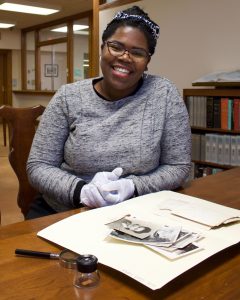 Chaitra Powell – Co-Investigator; African American Collections and Outreach Archivist, SHC
Chaitra Powell – Co-Investigator; African American Collections and Outreach Archivist, SHC
chaitra@email.unc.edu / (919) 962-4342
Chaitra Powell is the African American Collections and Outreach Archivist in the Southern Historical Collection. She is interested in developing new and sustainable ways of connecting the scholarly, archival, and technological resources of major institutions with the cultural heritage work happening in local communities. Chaitra’s passion for the projects stems from her experience working with an African American community archive in Los Angeles, CA. This work involved training volunteers, describing collection materials, and communicating the value of their collections to broader community and scholarly audiences. She hopes that her work on this Community-Driven Archives Mellon Foundation grant will inspire communities and give them tangible opportunities to contribute to the telling of their own stories.
San Antonio
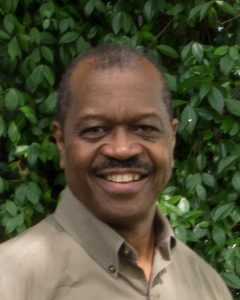 Everett Fly – Co-Investigator, Community Liaison
Everett Fly – Co-Investigator, Community Liaison
efly@everettfly.com
Everett L. Fly (MLA, Harvard University; BArch, University of Texas at Austin) Landscape Architect/FASLA and Architect/NCARB Certified, a San Antonio native, has more than 35 years of experience in architecture and historic preservation in 17 states and the District of Columbia. In 2015 he received a National Humanities Medal from President Barack Obama for preserving the integrity of African American places and landmarks.
And a special thanks also to our CDAT alumni – Merisa Tomczak and Eldrin Deas, who have contributed much meaningful work to these early stages of the Community-Driven Archives Mellon Foundation Grant.

